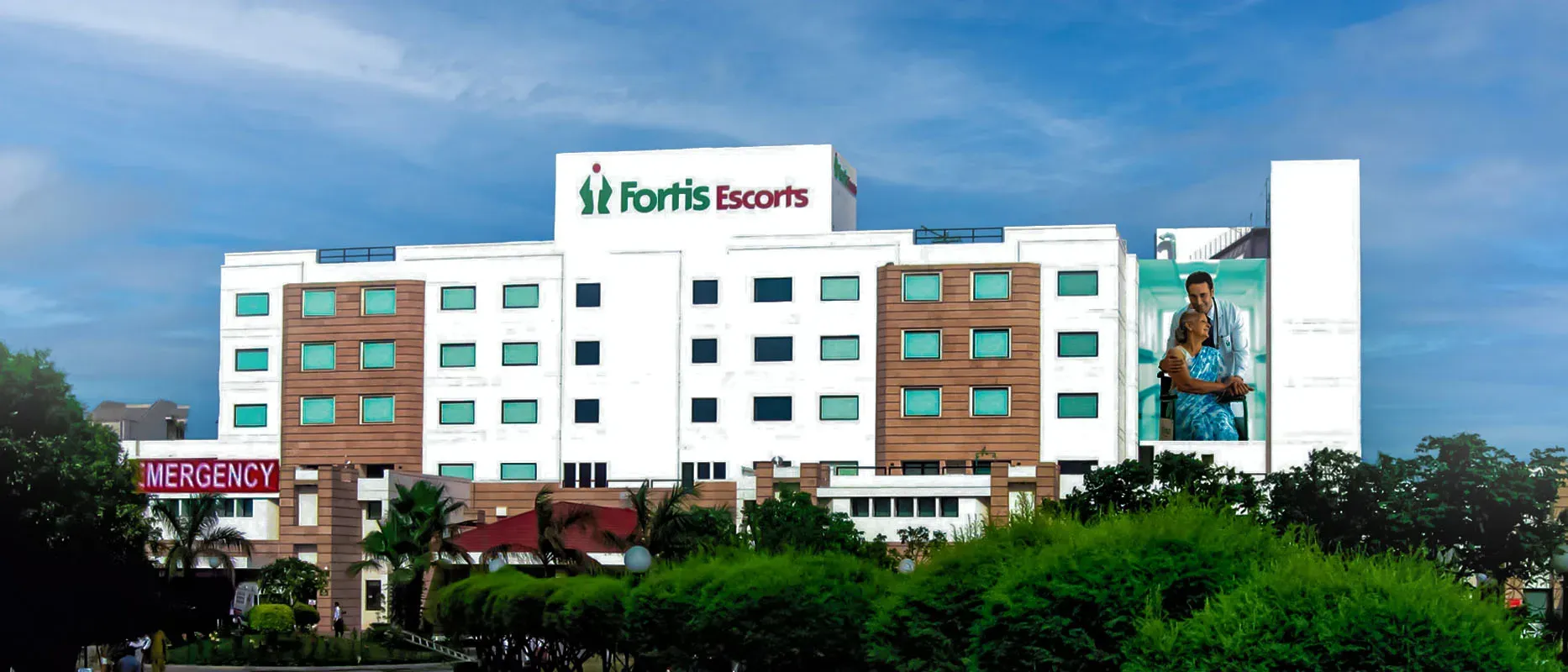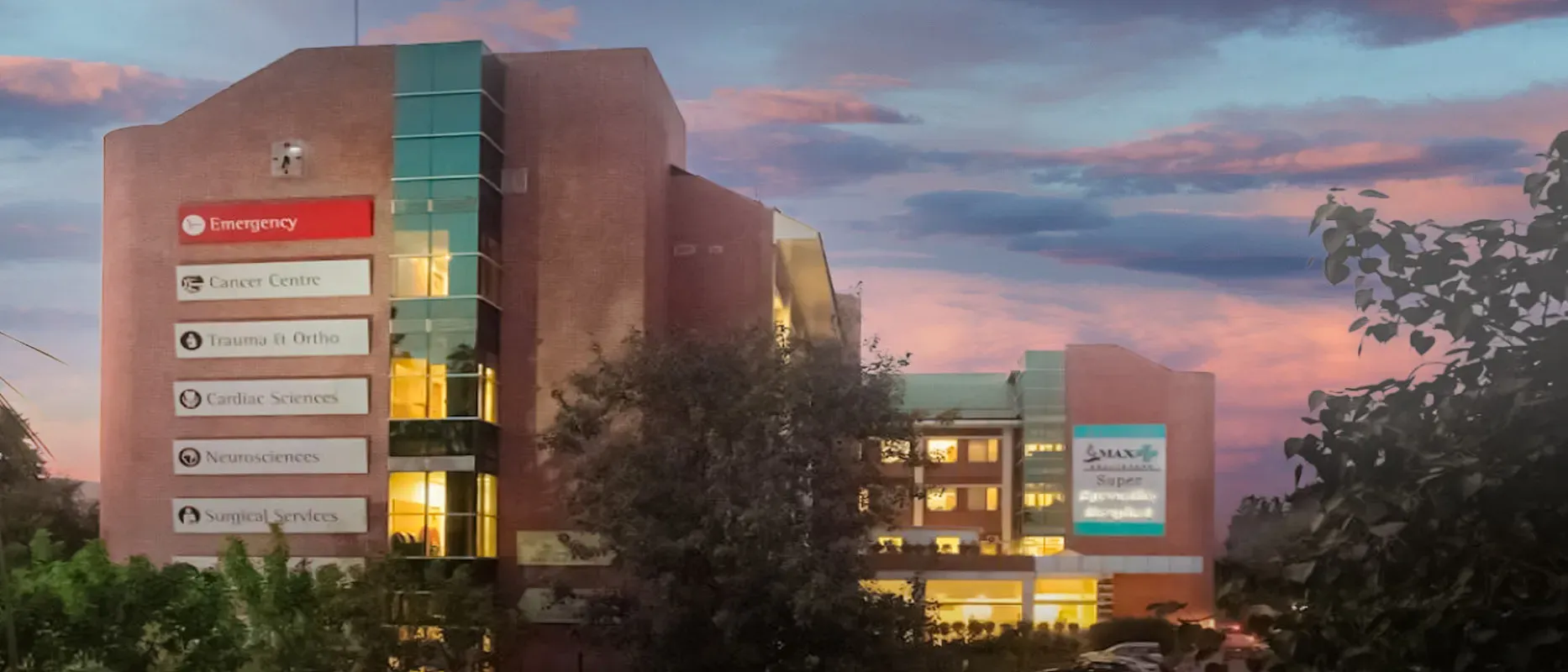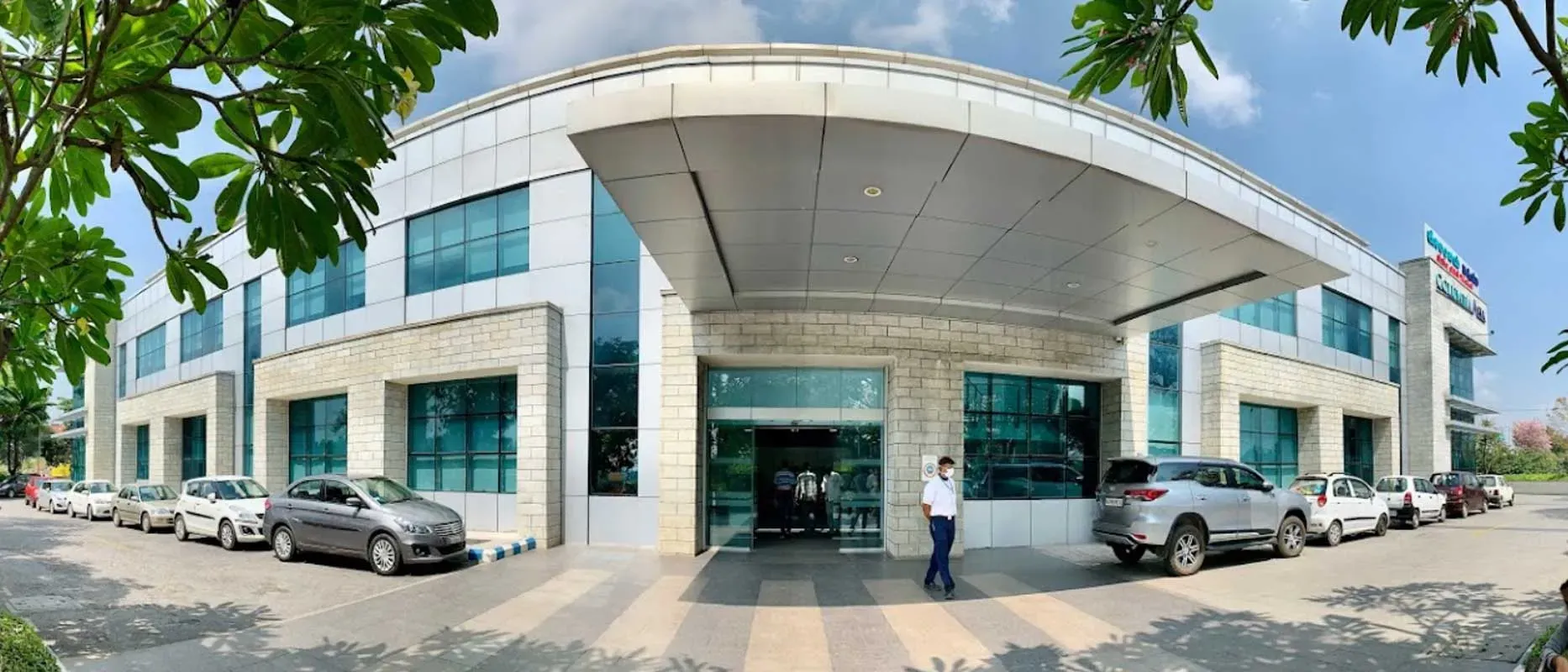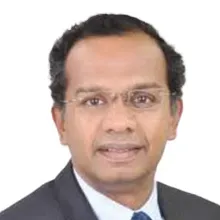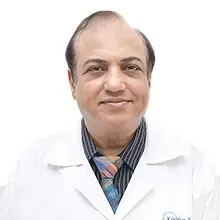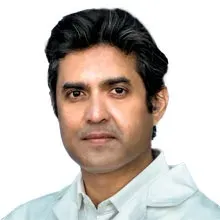Overview of Lung Transplant Treatment India
A lung transplant is a surgical procedure in which a diseased or damaged lung is replaced with a healthy lung from a donor. It is typically performed on patients with end-stage lung disease or other lung conditions that are unresponsive to other medical treatments and aggressive medications. According to the condition of a patent, a single lung or both of the lungs are transplanted. Even in severe cases, the heart with two lungs is transplanted from a deceased donor to the patient who is the recipient. Lung transplant is not recommended if the patient is having an active infection in the body or certain conditions like cancer, heart disease, kidney disease and unable to change a poor lifestyle that involves drinking alcohol and cigarette smoking. Like any other surgery, the lung transplant surgery has many risks and complications that should be managed to speed up the recovery process. The first year after the liver transplant is considered as the critical period in which there are great chances of rejection of a transplant. In some of the cases, the patient can live up to 10 years after liver transplant. But more than half of the patients who received lung transplants remain alive after 5 years. Although lung transplant surgery is a major operation, it can significantly improve the general health of a patient and can improve the overall quality of life.
Types of Lung Transplant Treatment India
There are different types of surgical procedures for lung Transplants. These are:
- Deceased Donor Lung Transplant
- Living Donor Lung Transplant
- Single Lung Transplant
- Double Lung Transplant
- Heart-lung transplant
Deceased Donor Lung Transplant
In this type of transplant, the healthy lungs are obtained from a deceased individual who has consented to organ donation. The donor lungs are carefully matched to the recipient based on factors such as blood type, lung size, and tissue compatibility.
Living Donor Lung Transplant
In some cases, a healthy lung lobe or segment can be donated by a living person. This type of transplant is less common and is usually performed when the lungs of the patient are partially damaged. It is also used when there is no suitable deceased donor of lungs.
Single Lung Transplant
When a single lung of a patient is damaged then a single lung transplant is required. In such cases, a single lung transplant is performed.
Double Lung Transplant
When both the lungs have end stage disease, both of the lungs should be transplanted in order to relieve the symptoms. Double lung transplants are more common than single lung transplants.
Heart-Lung Transplant
A heart-lung transplant is a surgical procedure in which both the heart and lungs are replaced with healthy organs from deceased donors. This type of transplant is performed when a patient has severe, end-stage heart and lung disease at the same time.
Procedure of Lung Transplant
Evaluation: The patient undergoes various tests before lung transplant to evaluate the overall health of the patient. Clinical and physical examinations are also performed to correlate the symptoms with test results.
Placement on the transplant waiting list: Eligible patients are placed on the transplant waiting list where they await a suitable donor organ. The allocation of donor lungs is based on factors such as blood type, lung size compatibility, and the urgency of the condition of patients.
Preoperative preparation: Patients undergo extensive preparation that involves optimizing their overall health, managing symptoms, and addressing any complications. A multidisciplinary transplant team closely monitors the patient's progress and provides necessary care.
Donor organ identification and matching: When a suitable donor organ becomes available, a team evaluates its compatibility with the recipient. Factors such as blood type, size, and immunological compatibility are considered during the matching process.
Surgery: The damaged lungs are removed and the healthy lungs are carefully implanted and connected to the blood vessels, airways, and surrounding structures. A heart-lung bypass machine may be used to take over the functions of heart and lung for some time.
Postoperative care and recovery: After surgery, some medications are used to prevent infection and reduce the chances of rejection of transplant. A gradual increase in physical activity should be performed in the recovery phase.
Diagnosis of Lung Transplant Treatment India
Cost of Lung Transplant in India
The cost of a lung transplant in India is approximately from 21,312 USD to 48,416 USD. The cost can vary according to the hospital, city and complications during the procedure. The cost can also increase in case both the lungs need to transplant due to severe end stage lung disease.
Cost of lung transplant procedures in India
| Treatment Costs in India |
Min in USD |
Max in USD |
| Single lung transplant |
21312 USD |
28416 USD |
| Double lung transplant |
40789 USD |
51231 USD |
Symptoms and Risk factors
Here are some common diseases in which the lung transplantation is indicated:
- Chronic obstructive pulmonary disease (COPD)
- Idiopathic pulmonary fibrosis (IPF)
- Cystic fibrosis (CF)
- Alpha-1 antitrypsin deficiency (AATD)
- Bronchiectasis
- Pulmonary hypertension (PH)
- Interstitial lung disease (ILD)
- Sarcoidosis
- Lymphangioleiomyomatosis (LAM)
- Pulmonary fibrosis due to other causes
- Eisenmenger syndrome
- Severe bronchiolitis obliterans (BO) after lung transplantation
Risk Factors of Lung Transplant
Surgical Complications
The lung transplant procedure is highly complex and may cause leakage of blood vessels, infections or blood clot formation which further require medical and surgical management.
Organ Rejection
Sometimes the body's natural defense mechanism recognizes the tissue of transplant as an antigen and fights against the new donor transplanted lung tissues. This can be prevented by using immunosuppressive medications but still there are chances of rejection.
Infections
Due to decreased immunity, the chances of viral, fungal and bacterial infections increases to two fold which can damage the transplanted kidney and also other organs.
Post-operative Complications
After a surgery, some lung transplant recipients may experience complications such as chronic rejection, recurrence of the original lung disease, or health issues unrelated to the lungs.
Cardiovascular Complications
There is an increased risk of heart disease, high blood pressure, and narrowing of blood vessels that supplies the transplanted lungs.
Post-Transplant Cancers
The use of medications may increase the risk of certain cancers, such as skin cancer and lung cancer. The complications should be managed properly in order to prevent these risks.
Top Hospitals for Lung Transplant in India
Shaping the future of the healthcare institution and establishing the path to accomplishment.
Top Doctors for Lung Transplant in India
Empower your Health with the Expertise of Leading Medical Professionals.
Dr. Sharanya Kumar
Department of Critical care medicine
Consultant
Book Appointment
Dr. Sanjeev Chopra
Department of Gastro & Minimal Access Surgery
Senior Consultant
Book Appointment
Treatment Costs for Lung Transplant
Be the change and be an opportunist in transforming healthcare.
How it's Works
Guiding your Journey from Discovery to Treatment Planning and Beyond.
Discovery
Get a consultation to discover about your treatment
Pre-Treatment
Admission to the best hospital and all pre-treatment facilities
Post Treatment
Get post-treatment follow-up care with medicine fulfillment
Treatment Planning
Hassle-free treatment planning with package & cost estimations
in-treatment
world-class quality procedures and equipment for treatment












